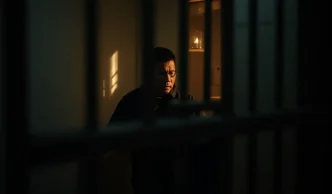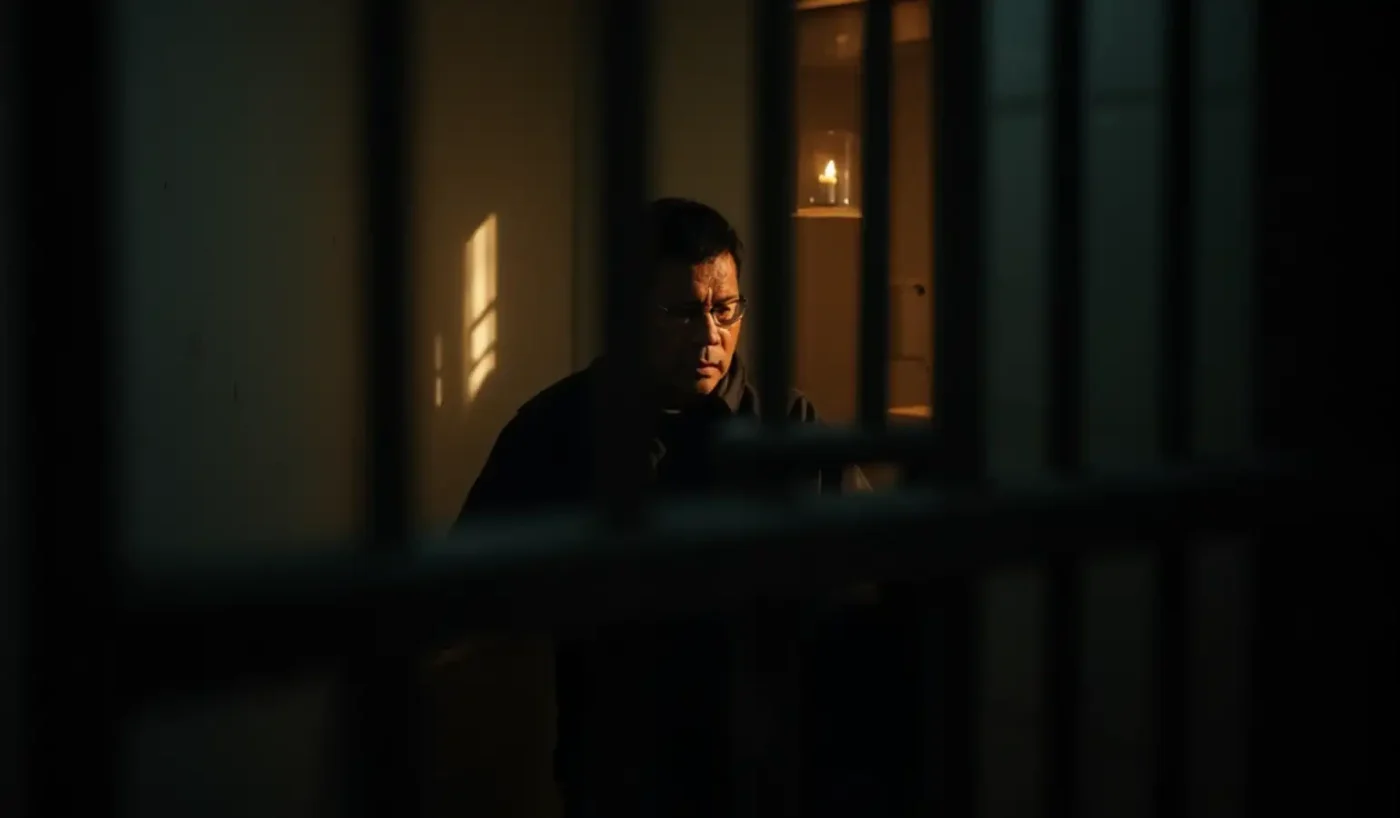In a Manila church on March 31, 2025, families of victims of former Philippine President Rodrigo Duterte’s brutal “war on drugs” gathered for a thanksgiving mass. The event came just weeks after Duterte’s arrest and transfer to the International Criminal Court (ICC) in The Hague, a moment many of these families have awaited for years. Their hope for justice, however, remains tempered by procedural delays in the high-profile case, as the ICC recently extended deadlines for critical disclosures in the prosecution process.
Arrest and Charges: A Long-Awaited Reckoning
Rodrigo Duterte, who served as president from 2016 to 2022, faces allegations of crimes against humanity stemming from his administration’s aggressive anti-drug campaign. The ICC Office of the Prosecutor has accused him of responsibility for murder, torture, and rape, with a specific focus on the crime of murder as a crime against humanity, allegedly committed between November 1, 2011, and March 16, 2019. This period covers his time as mayor of Davao City—where he first gained notoriety for a hardline stance on crime—and his presidency, during which thousands of extrajudicial killings were reported.
On February 10, 2025, the ICC prosecutor applied for an arrest warrant, which was issued secretly on March 7 and made public on March 11. Duterte was surrendered by Philippine authorities on March 12 and made an initial appearance before the court via video link two days later. The ICC Pre-Trial Chamber I found reasonable grounds to believe Duterte is individually responsible as an “indirect co-perpetrator” for the murders tied to his policies. A confirmation of charges hearing is provisionally scheduled for September 23, 2025, though the timeline remains fluid due to ongoing procedural adjustments.
Disclosure Delays Raise Safety Concerns
The latest development in the case, detailed in a decision dated May 20, 2025, and signed by Presiding Judge Iulia Antoanella Motoc, centers on the prosecution’s request for more time to disclose arrest warrant materials and witness identities. The ICC chamber granted an extension until July 1, 2025, for the disclosure of materials related to relevant witnesses, citing the prosecution’s concern that immediate revelation of identities could pose an “objective risk to their safety.” Additionally, the prosecution must submit any applications for redactions or non-disclosure of evidence by June 16, 2025, alongside observations from the Victims and Witnesses Unit.
The chamber’s decision noted that neither the defense nor the Office of Public Counsel for Victims objected to the extension, and it was deemed consistent with Duterte’s rights. The prosecution emphasized its efforts to conduct investigations without disrupting the disclosure process or the upcoming confirmation proceedings. Yet, for observers and victims’ families, these delays underscore the complexity of prosecuting a former head of state in an international forum, where balancing justice with witness protection remains a persistent challenge.
A Brutal Legacy: The War on Drugs
Duterte’s “war on drugs,” launched with promises to eradicate crime, became synonymous with widespread human rights abuses. Official figures from the Philippine government report over 6,000 deaths in police operations during his presidency, but human rights groups estimate the toll could be as high as 30,000 when including vigilante killings often linked to state encouragement. Families of the slain, many from impoverished communities, have long decried a culture of impunity, alleging that police and local officials operated with explicit or tacit approval from the highest levels of government.
The ICC’s investigation, initiated in 2018 after a referral by activists and later expanded, marks a rare instance of international accountability for a Southeast Asian leader. However, it has faced resistance. Duterte withdrew the Philippines from the ICC’s Rome Statute in 2019, arguing the court lacked jurisdiction over him. Despite this, the ICC maintains its authority over crimes committed while the country was a member state, a position that paved the way for the current case.
Families’ Resolve Amid Grief
For the families gathered in Manila on March 31, the ICC proceedings offer a glimmer of hope after years of frustration with domestic mechanisms. Many have shared stories of loved ones killed without trial—often labeled as “drug suspects” with little evidence—leaving behind shattered lives and unanswered questions. The thanksgiving mass, captured in poignant images by international media, symbolized both mourning and resilience, as attendees prayed for justice while acknowledging the long road ahead.
Human rights advocates in the Philippines, who have documented thousands of cases, caution that the ICC process is not a panacea. The court’s focus on Duterte and a limited number of high-ranking officials may not address the broader systemic failures that enabled the violence. Moreover, logistical hurdles, such as securing witness testimonies in a climate of fear, could further complicate the prosecution’s case. As one advocate noted during a recent forum in Manila, “Justice for a few at the top is important, but what about the foot soldiers who pulled the trigger? What about the families still waiting for closure?”
Political Ramifications in the Philippines
Duterte’s arrest has reignited debates within the Philippines about sovereignty, accountability, and the legacy of his administration. Supporters, including some political allies still in power, argue that the ICC intervention undermines national jurisdiction and paints an unfair picture of a leader who prioritized security. Critics, however, see the case as a critical test of whether international law can deter impunity in a region where strongman politics often prevail.
The current Philippine government, under President Ferdinand Marcos Jr., has maintained an ambiguous stance on cooperation with the ICC. While it facilitated Duterte’s surrender, some officials have expressed reluctance to fully re-engage with the court, citing concerns over future investigations targeting other figures. This tension reflects broader regional dynamics, where international human rights mechanisms often clash with domestic political priorities. For now, Manila’s role in the case remains a point of contention, with public opinion divided between those who view Duterte as a criminal and those who still hail him as a protector.
International Spotlight and Regional Implications
The Duterte case also casts a wider spotlight on Southeast Asia, a region with a mixed record on human rights accountability. Neighboring countries, many grappling with their own histories of state violence, are watching closely. Could a successful prosecution embolden similar actions elsewhere, or will it reinforce skepticism about the ICC’s reach in politically sensitive contexts? Analysts suggest the outcome may influence how other leaders approach policies that risk international scrutiny, though entrenched power structures often shield individuals from such consequences.
Beyond the courtroom, the case amplifies calls for systemic reform within the Philippines. Activists argue that justice for past wrongs must be paired with measures to prevent future abuses, including police reform and stronger judicial oversight. The international community, meanwhile, faces its own test: ensuring that the ICC process remains transparent and fair, avoiding perceptions of selective prosecution that have historically undermined its credibility.
A Waiting Game for Justice
As the ICC navigates procedural hurdles and the September confirmation hearing looms, the families of Duterte’s alleged victims continue to bear the weight of their loss. Their gathering in Manila was not just a moment of reflection but a quiet assertion of their right to be heard. Whether the international legal system can deliver the accountability they seek remains uncertain, particularly as delays and safety concerns slow the path to trial.
For now, the world watches as this landmark case unfolds, raising profound questions about justice, power, and the enduring impact of one leader’s policies. In the Philippines, the scars of the “war on drugs” are far from healed, and the outcome of Duterte’s prosecution may shape not only the nation’s future but also the broader struggle for human rights in the region.
















